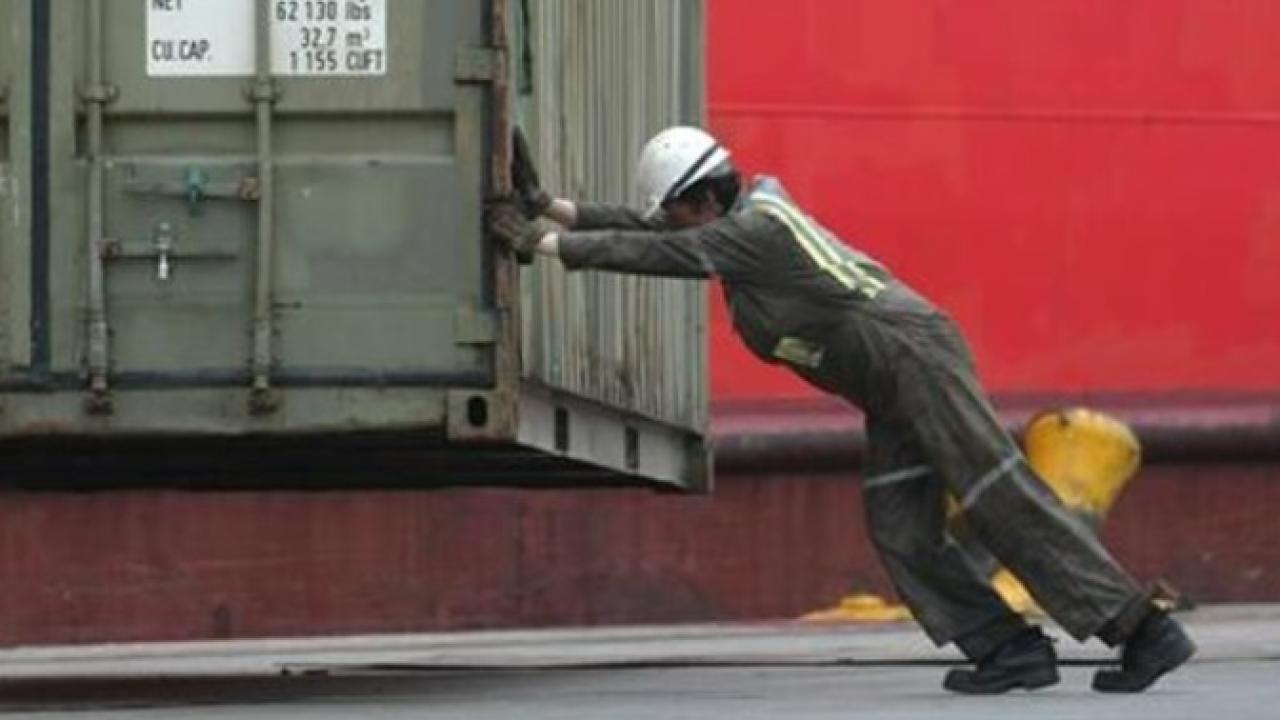
According to the experts - who agreed with Minister Marcel - "there is still a need to quickly settle the pension reform, the fiscal pact and to set clear rules regarding permits" so that the path to economic growth can be effectively reactivated.
Although it was within expectations after the latest data from the Monthly Index of Economic Activity (Imacec), experts described the GDP expansion of 1.6% in the second quarter of 2024 as "slow".
However, what worries economists the most is the collapse in investment, which they say should be "an alarm bell for the political system in general", along with the need to move forward with the major pending reforms.
The evolution of economic activity in the second quarter of 2024 was rather “disappointing”, according to the National Accounts report published this morning by the Central Bank.
In terms of GDP, this showed an annual growth of 1.6%, driven mainly by mining, EGA (electricity, gas, water), trade and transport activities. While, in contrast, business services, agriculture, forestry and fishing activities showed the main downward impacts.
Although the figure was within market projections, after the last Imacec, it reflects a slowdown in the economy, considering that in the first quarter activity expanded by 2.5%.
Rodrigo Montero, dean of the Faculty of Administration and Business at the Autonomous University, said that “the economy is growing at a speed consistent with its capacity.”
However, he said the deteriorating labor market leaves us with a question mark regarding the growth target for the end of 2024.
On the other hand, Finance Minister Mario Marcel was calm about the growth target for this year, recently revised to 2.6%.
Although he said that there are special sectors such as construction, where greater emphasis should be placed, he insisted that the second half of the year will be key to determining whether this objective is met or not.
In this context, the authority called on Congress to move forward “more quickly” on the pro-investment projects that the Executive has proposed.
Fall in investment
From an expenditure perspective, GDP growth was supported by a higher level of exports. But domestic demand fell by 1.4% as a result of lower investment.
Investment fell by 8.7%, driven by its two components; gross fixed capital formation (GFCF) decreased by 4.1%, mainly due to lower investment in transport vehicles and electrical and electronic equipment.
And the variation in inventories showed a decrease -particularly in mining products-, reaching a cumulative ratio in twelve months of -0.6% of GDP.
It was in this consistent fall that an alarm went off.
Javier Mella, an academic from the Faculty of Engineering and Applied Sciences at the Universidad de los Andes, believes that the government should focus on this issue, so as not to see implications for growth later.
Household consumption recorded an annual variation of 0.5%, which is quite marginal, especially considering, for example, food consumption.
Foreign trade showed mixed results; exports of goods and services grew by 7.3% while imports fell by 2.2%.
According to the experts - who agreed with Minister Marcel - "there is still a need to quickly settle the pension reform, the fiscal pact and to set clear rules regarding permits" so that the path to economic growth can be effectively reactivated.
In this regard, the government does not have an easy task, as its flagship project to reduce permitting, a modification of the Environmental Basic Law that reduces processing times, was harshly criticized today by environmental sectors.
"The project, which was expected to be an opportunity to improve environmental protection standards, could become, if the proposals presented by the government and the opposition are approved, a threat to the possibilities of sustainability, giving excessive power to economic interests and limiting the State's control over its natural resources. Inequality in this area is a source of social conflict that this legal reform would increase, by forgetting any logic of social and environmental justice," said 229 Chilean environmental and citizen organizations.









